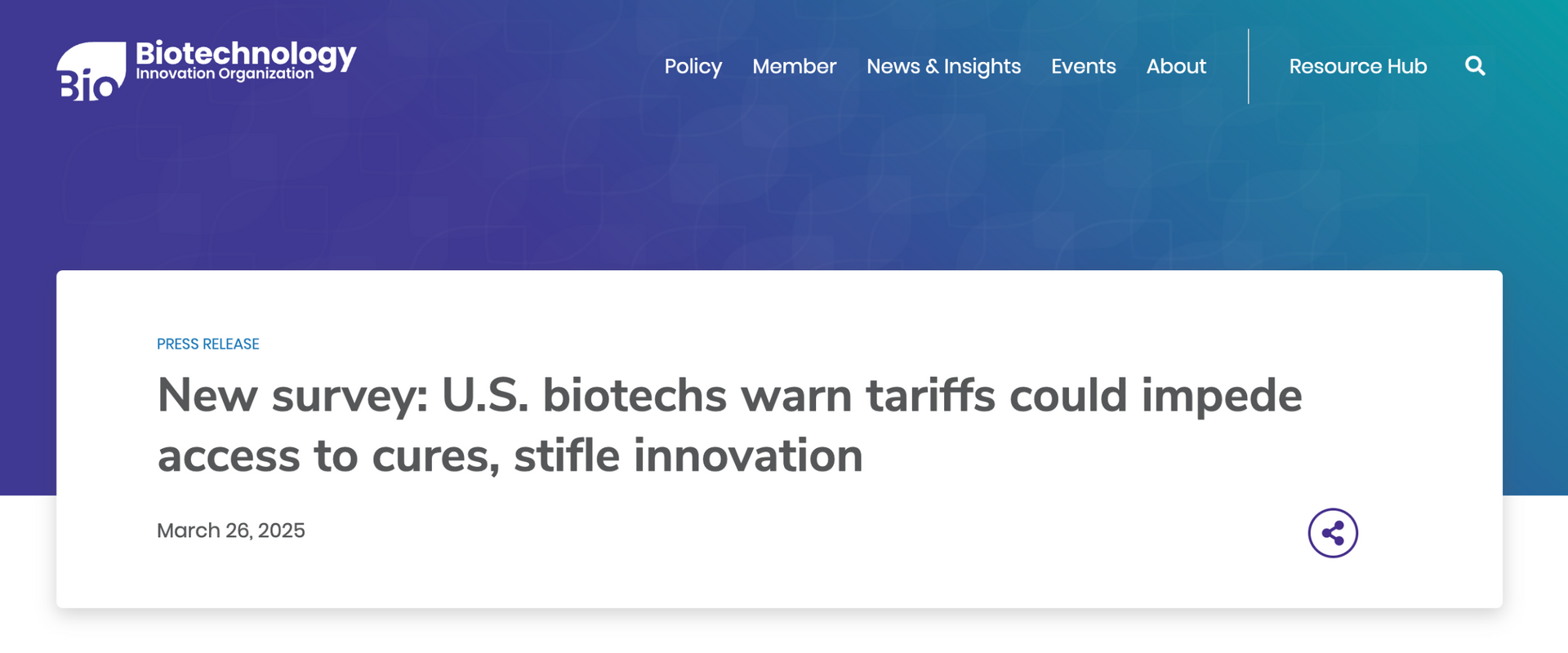Michigan Earned Sick Time Act (ESTA) Update
March 4, 2025
Michigan's Earned Sick Time Act Gets a Makeover

In an 11th-hour compromise late on February 20th, the Michigan Legislature passed an amendment to the Earned Sick Time Act that was scheduled to go into effect on February 21st. The amendatory act addresses many of the provisions of the ESTA that employers found most onerous while keeping in place the basic contours of the original law. Among the changes:
- The amended ESTA no longer permits a private cause of action for alleged violations of the Act; enforcement is solely through an administrative process run by the Department of Labor and Economic Opportunity.
- Small businesses (those employing 10 or fewer employees) need not comply with the ESTA until October 1, 2025. When the law becomes applicable to them, they only will need to permit 40 hours of paid sick time. The previous law’s required additional, but unpaid, 32 hours of sick time has been eliminated.
- Employers are no longer required to have employees accrue ESTA time. Under the new law, they have the option of having employees accrue ESTA time at the rate of 1 hour for every 30 worked or grant 72 hours of ESTA time at the beginning of each year.
- An employer that frontloads ESTA time need not carry over unused ESTA time from year-to-year. For an employer that accrues ESTA time, the year-to-year carryover is capped at 72 hours (or 40 hours for small employers).
- An employer can use existing PTO or vacation time to satisfy their ESTA requirement, as long as that existing time can be used to take paid time off for all purposes permitted under the ESTA. An employer need not treat the entire PTO bank as ESTA time— only the 72 (or 40) hours that the employee is entitled to under the ESTA.
- In determining how much an employee is compensated for ESTA time, an employer must pay the greater of the employee’s regular hourly wage or the minimum wage in the state. Overtime, commissions, bonuses, and tips are expressly excluded from the amount of compensation.
- For leaves where advance notice is not practicable, employers may establish written policies about how employees are required to give notice of unexpected time off, provided that the policy is set forth in a written policy issued to the employee explaining how notice is to be given.
- For ESTA leaves of more than 3 consecutive workdays, an employer can require reasonable documentation of the need for leave be provided within 15 days. Out of pocket expenses for securing that documentation is still to be paid by the employer, but if the employee is covered by health insurance the employer need only pay for the cost of securing documentation—not for the doctor’s visit itself.
- The amendatory act expressly permits employers to take disciplinary action against employees who abuse the ESTA by taking ESTA time off for purposes not permitted by the Act.
- Within 30 days (by March 24, 2025), each employer must issue a written notice to each employee describing the amount of ESTA time they must be provided, how a year is calculated by the employer, the terms under which ESTA time can be used, explaining that retaliation for taking leave under the ESTA is prohibited, and setting forth how an employee can file a complaint for alleged violation of the ESTA.
- For employees covered by collective bargaining agreements in effect on the date of the amendatory Act that conflict with the ESTA’s provisions, the ESTA applies only beginning on the stated expiration date of the collective bargaining agreement, notwithstanding any statement in the agreement that it continues in force until a future date or the execution of a new collective bargaining agreement.
Melvin J. Muskovitz
Dykema
Senior Counsel
RECENT ARTICLES

The Biotechnology Innovation Organization (BIO), of which MichBio is a state affiliate recently released the results of a survey of its members, noting that “U.S. Biotechs Sound the Alarm” on tariff impacts. The findings include: Tariffs on European Union and Canadian imports would increase manufacturing costs for 94% and 82% of biotech firms, respectively. 70% of companies anticipate higher manufacturing costs due to tariffs on China. Tariffs on the European Union would force 50% of biotech firms to identify new research and manufacturing partners. More than 50% of biotech firms predict “increased difficulty” in funding and conducting research if EU tariffs are enacted. 80% of biotech firms would need at least 12 months to find alternative suppliers; 44% would need over two years. The survey noted that sudden tariffs would fundamentally punish American companies, threaten vital research projects and imperil United States leadership in biomedical science. Read BIO’s press release , along with an one-pager summarizing the survey results.

A federal commission, in a new report , is calling for $15 billion in new financing to reinforce the United States’ biotech leadership amid encroaching competition from China. This comes against a backdrop where the Trump Administration has proposed severe cuts to NIH operations and funding. The National Security Commission on Emerging Biotechnology was created by Congress in 2022 to explore how biotechnology advancements could shape the economy and national security. The body quickly focused on China, as that government has gone about gathering Americans’ genetic information and intellectual property in the biotech space and resourcing their cluster’s rapid growth. The report’s 49 recommendations, organized across six strategic pillars, offer a bold and actionable framework to protect U.S. biotech intellectual property and bolster drug development, agriculture, and biological weapons defense: Prioritize biotechnology at the national level Mobilize the private sector to get U.S. products to scale Maximize the benefits of biotechnology for defense Out-innovate our strategic competitors Build the biotechnology workforce of the future Mobilize the collective strengths of our allies and partners The report calls for $1 billion to create an investment fund, more than $6 billion for large-scale research challenges, and a build-up of biomanufacturing sites across the country. Also, it calls for new legislation barring companies that work with U.S. national security agencies or health agencies from using certain Chinese biotech suppliers. The commission doesn’t have the power to authorize any changes but can make recommendations and advise members of Congress. BIO issued a statement in support.


